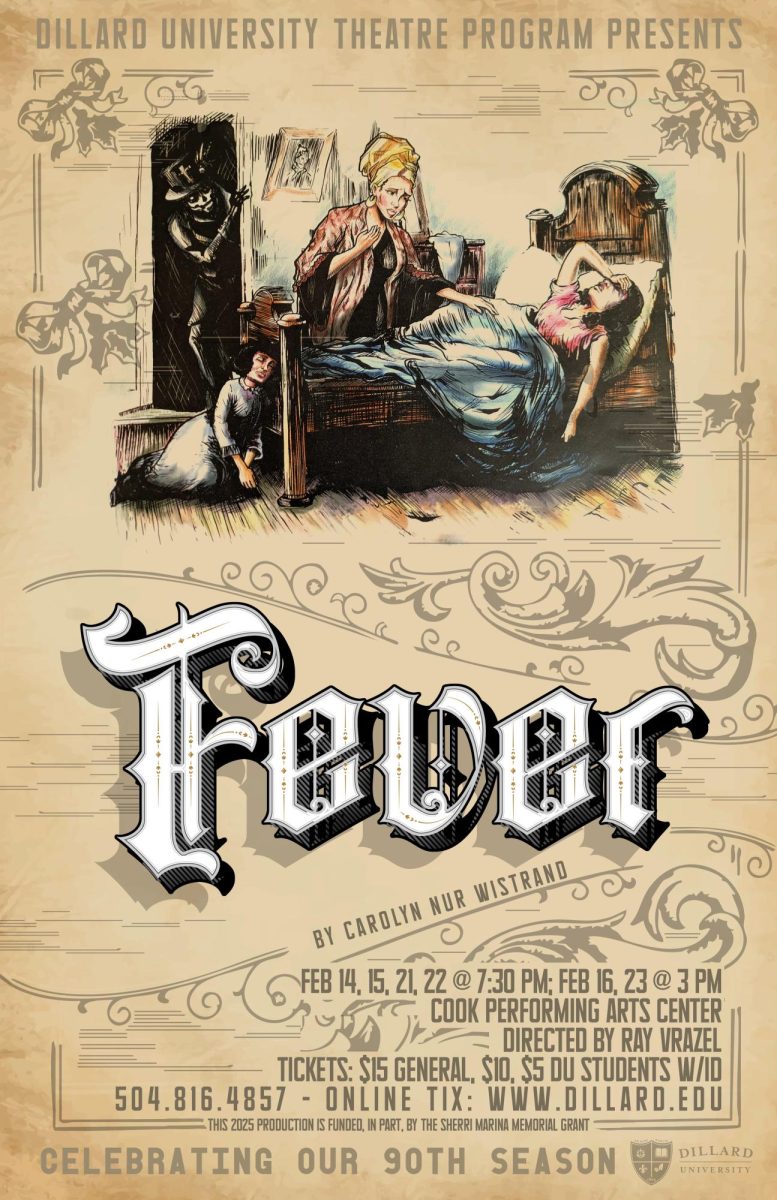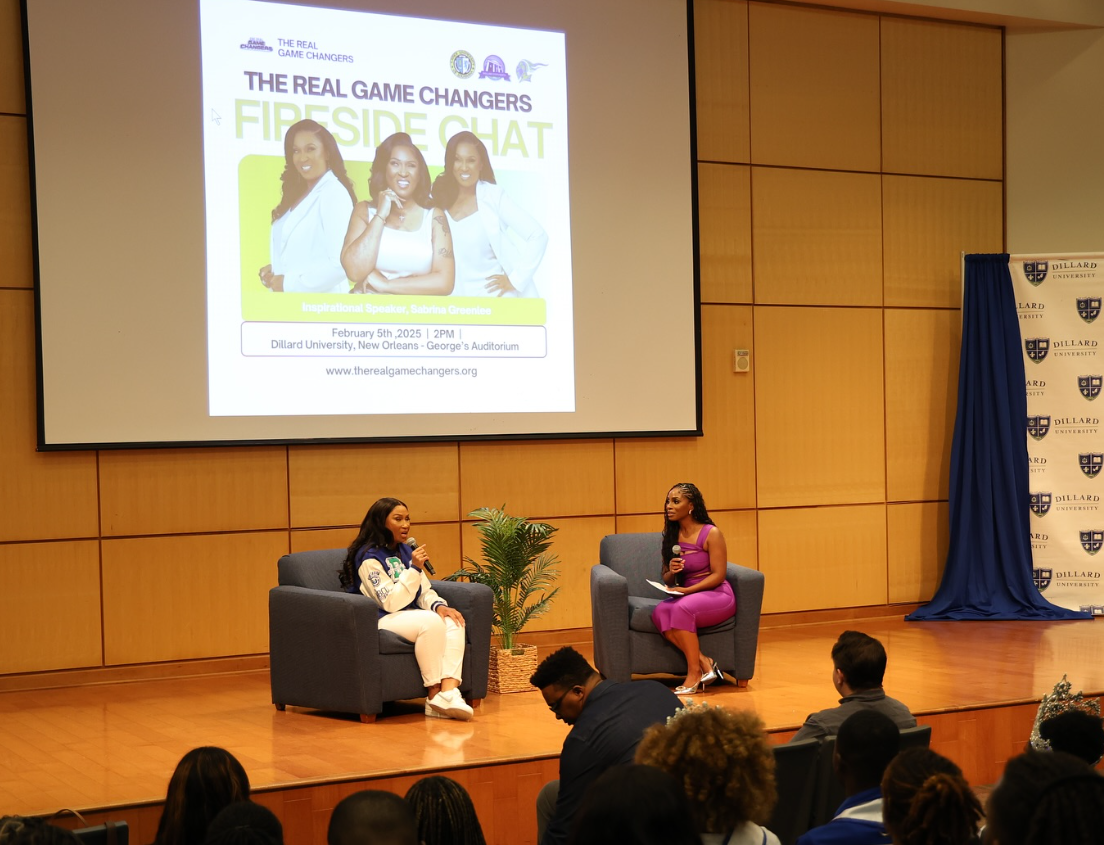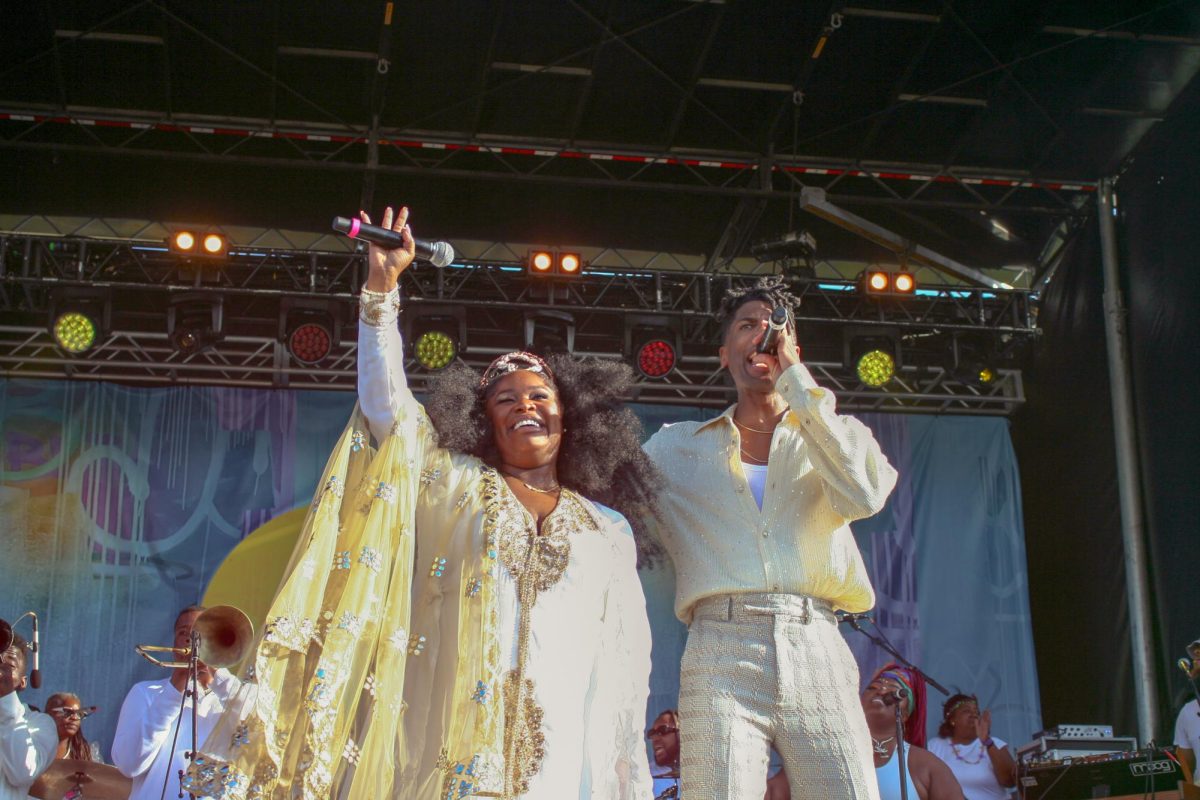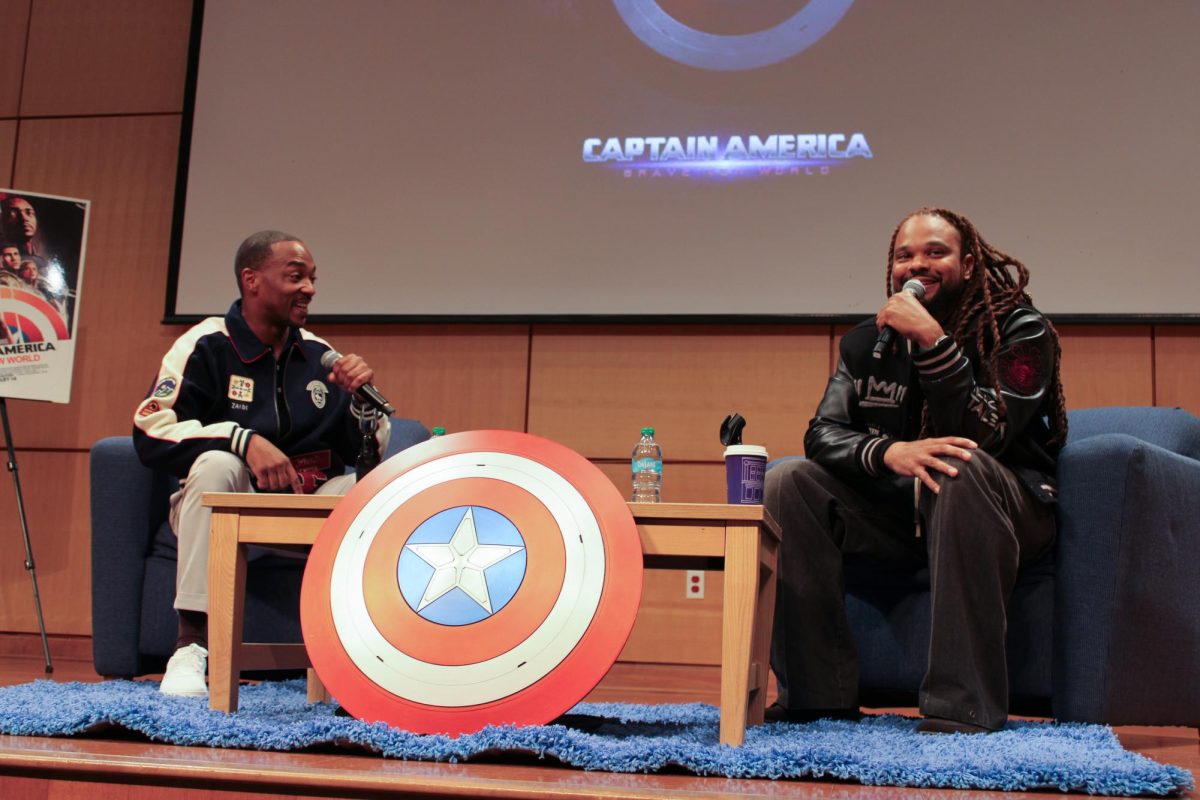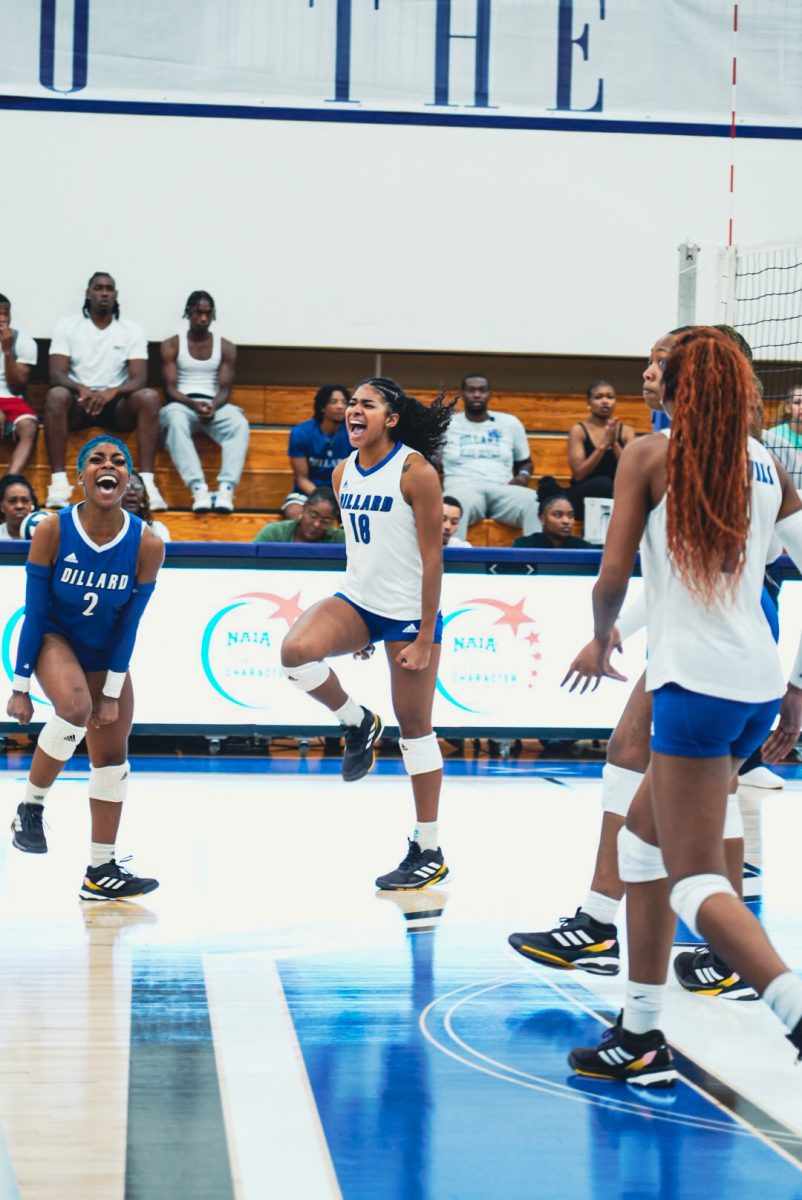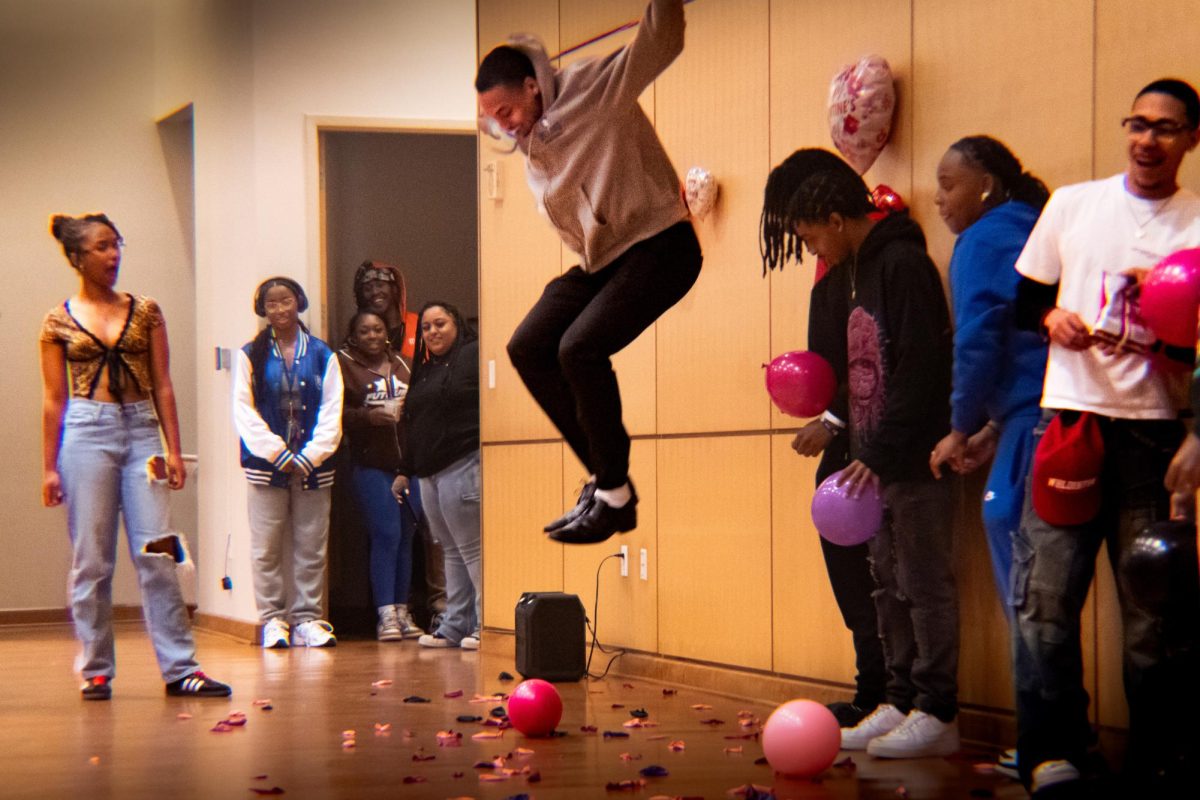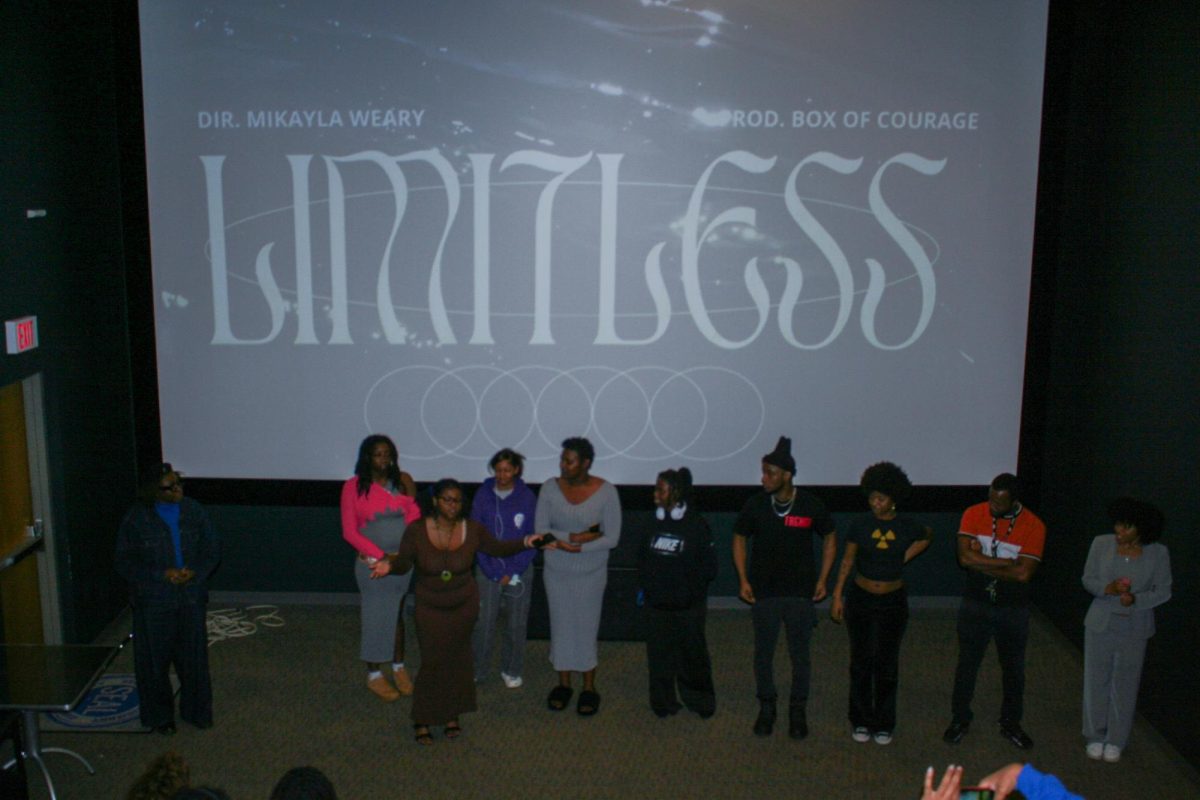Black Enterprise released its 2004 list of the 50 best collegesand universities for African-Americans, placing Dillard Universitynear the bottom.
Dillard dropped from its No.37 spot in 1999 to its current rankof 41. Dillard was ahead of schools such as University of Michigan,Cornell University, UCLA, Massachusetts Institute of Technology andBrown University, but seemed to rank relatively low. Many studentsand staff said it is a success for Dillard to be included on thelist, despite the low rank.
“I think that it’s definitely a big accomplishment, it’ssomething that we can appreciate. But there are always things towork on such as retention rate for incoming freshpersons so thatthere are more graduates in all the divisions. I also have a greatappreciation for the teachers and curriculum which for the mostpart, is very valuable,” said Meshaun Hall, a junior psychologymajor from Mobile, Ala.
Other students and staff members said Dillard’s rank is notwhere it should be, which is higher on the list.
“I feel as if I need to switch schools. The student to teacherratio makes the school look good so why didn’t we rank higher?”said Lauren Rhodes, a freshperson biology/pre-med major fromHouston, Texas.
“I am shocked, I would think that Dillard would rank higherbecause it’s a small institution and students look for that whenthey look for a college and the school has a fairly goodenvironment,” said Patricia Daniel, corporate relations and UNCFofficer in the Office of Development.
Staff and students are glad that Dillard was included in the top 50best colleges for African-Americans and it is an honor to attend aschool with such prestige, but feel that Dillard is moreacademically and socially profitable than the rank that wasreceived.
The top 50 colleges report debuted in January 1999 and wascreated in partnership with Black Enterprise and Thomas A. LaVeist,Ph.D., author of the Daystar Guide to Colleges forAfrican-Americans and professor of health policy, management andsociology at John Hopkins University. Out of the 10 highest-rankingcolleges and universities, seven are located in the south and nineare private institutions.
With high rankings in 2001 and 2003, Morehouse College, thenation’s largest private liberal arts institution forAfrican-American men, was ranked No. 1 this year. Similarlyfollowing Morehouse was the No.2 ranked Spelman College, whichranked No.1 in 1999.
The top 10 colleges and universities were: No.3, HamptonUniversity, Hampton, VA; No.4, Howard University, Washington D.C.;No.5, Xavier University, New Orleans, LA; No.6, Florida A&MUniversity, Tallahassee, Fl.; No.7 Stanford University, Stanford,CA.; No.8, Columbia University, New York, N.Y.; No.9, HarvardUniversity, Cambridge, MA.; and No.10, Duke University, Durham,N.C.
The goal of the 50 best colleges for African-Americans surveywas to be as detailed as possible while targeting schools thatwould be of best interest for black students.
Four hundred eighty-two colleges were selected based on thefollowing criteria: accredited four year institutions in whichblack students made at least 3 percent of the population andcolleges that are well known throughout the country for theirexcellence.
Black Enterprise surveyed a massive group of 1,855 blackeducational professionals with titles such as president,chancellor, and provost. These officials were asked to rateinstitutions based on the schools stable social and educationalenvironment for black students.



